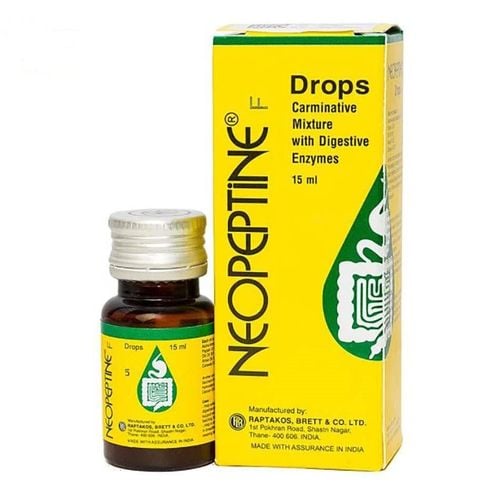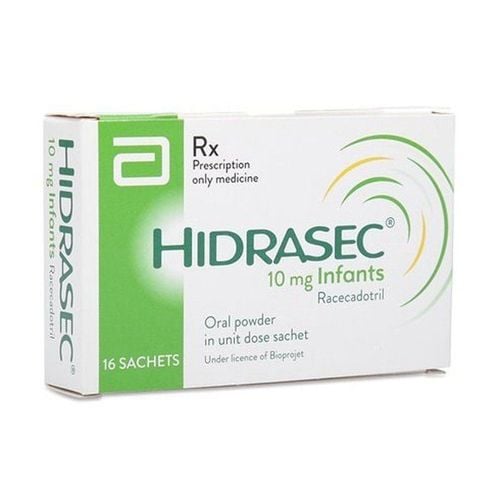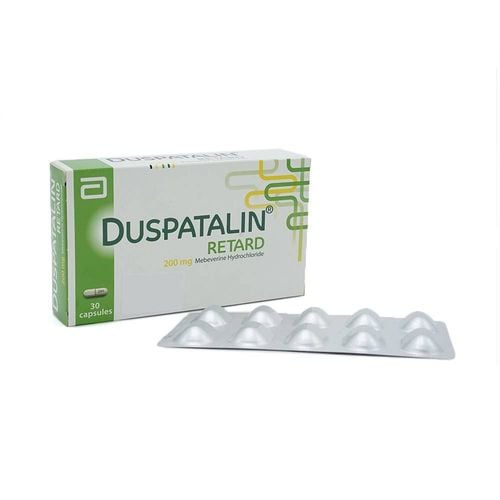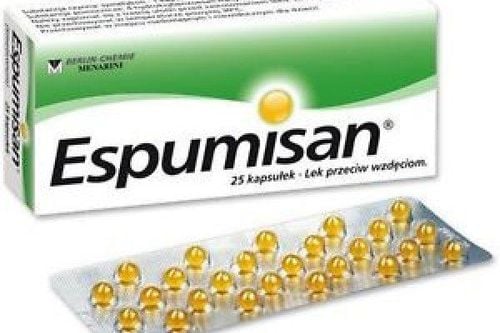Mucosolvan contains 30mg of Ambroxol hydrochloride and is formulated as tablets. It is indicated for the treatment of acute and chronic bronchopulmonary diseases to help thin mucus, particularly in cases involving abnormal mucus secretion or impaired mucus transport. However, Mucosolvan may cause some unwanted side effects such as angioedema, rash, urticaria, etc. Therefore, patients should thoroughly understand the medication and consult their doctor before use.
1. Mechanism of Action of Mucosolvan
What is Mucosolvan? Mucosolvan contains Ambroxol hydrochloride, which has been shown to increase respiratory secretion. This compound enhances the production of surfactant in the lungs and stimulates the activity of cilia.
This process improves mucus flow and transport, aiding in the clearance of mucus by the cilia. The improvement in mucociliary clearance has been observed in clinical studies. The increased secretion and mucociliary clearance help create favorable conditions for expectoration and soothe coughs.
Moreover, the compound in Mucosolvan has a local anesthetic effect, which has been observed in rabbit eye models. This process can be explained by its sodium channel-blocking properties. In vitro, Ambroxol in Mucosolvan blocks cloned neuronal sodium channels, and this binding can be reversible but also concentration-dependent.
In vitro, Ambroxol compounds significantly reduce cytokine release from blood and tissue-associated mononuclear or polymorphonuclear cells.
In clinical studies on patients with sore throats, Mucosolvan significantly reduced pain and redness in the throat.
The pharmacological properties of Mucosolvan may relate to observations in clinical studies on the efficacy of Ambroxol in treating upper respiratory symptoms. The results also show that the medication provides rapid pain relief and alleviates discomfort in other painful areas such as the ears, nose, and trachea.
When Mucosolvan is administered, Ambroxol is rapidly absorbed and distributed into the blood, reaching the tissues with the highest concentration in the lungs. The bioavailability of the drug is about 70%, and the maximum plasma concentration is reached approximately 0.5 to 3 hours after administration.
At therapeutic doses, the drug binds to plasma proteins at approximately 90%, with a plasma half-life of about 7 to 12 hours. Mucosolvan is metabolized in the liver and excreted through the kidneys at about 83%.
2. Indications and Contraindications for Mucosolvan
Mucosolvan 30mg is indicated for the treatment of acute and chronic bronchopulmonary diseases to help thin mucus. These conditions are often associated with abnormal mucus secretion or impaired mucus transport.
However, this medication is contraindicated in patients with a history of hypersensitivity to Ambroxol hydrochloride or any other excipients in the drug, or those with rare hereditary conditions that may be incompatible with the excipients in the medication.
3. Dosage and Administration of Mucosolvan
Mucosolvan is formulated as tablets and taken orally. It can be taken with or without food, before or after meals, and should be taken with water. The recommended dosage for adults is 1 tablet per dose, three times a day. The therapeutic effect can be enhanced by adjusting the dosage to 2 tablets, taken twice a day.
Mucosolvan can be used by adults and children over 12 years old.
For children aged 6 to 12 years, the recommended dosage is half a tablet, 2 to 3 times a day.
Mucosolvan tablets are not indicated for use in children under 6 years old.
In cases of acute respiratory conditions, a thorough examination is recommended if symptoms do not improve or worsen during treatment.
The above dosage of Mucosolvan is for reference only. Therefore, if you use the medication to improve your health condition, you should thoroughly understand and consult a doctor.
If you forget to take a dose, take it as soon as you remember. However, if it is close to the next dose, skip the missed dose and take the next dose as scheduled. Do not double the dose of Mucosolvan, as this may cause adverse effects on health.
In case of overdose, stop using Mucosolvan and seek immediate medical attention.
4. Unwanted Side Effects of Mucosolvan
Mucosolvan may cause some unwanted side effects such as immune system disorders, anaphylactic reactions including anaphylactic shock, angioedema, rash, urticaria, itching, or other hypersensitivity reactions. Gastrointestinal disorders such as nausea, vomiting, diarrhea, indigestion, and abdominal pain may also occur.
If you experience any unusual signs during treatment, stop using the medication and inform your doctor for timely treatment.
Some precautions when using Mucosolvan:
Although there are very few reports of severe skin damage such as Stevens-Johnson syndrome or toxic epidermal necrolysis associated with mucolytic drugs, these effects may be explained by the severity of the underlying disease or concomitant medications.
Moreover, in the early stages of Stevens-Johnson syndrome, patients may initially present with nonspecific symptoms such as fever, body aches, rhinitis, cough, or sore throat. These nonspecific symptoms may lead to inappropriate treatment with cough and cold medications.
If new lesions or mucosal damage appear, caution should be exercised when using the medication due to the presence of Ambroxol hydrochloride. The tablets contain 171mg of lactose, equivalent to 684mg of lactose for the maximum daily therapeutic dose. Patients with rare hereditary conditions such as galactose intolerance, Lapp lactase deficiency, or glucose-galactose malabsorption should not use Mucosolvan.
For pregnant women, Ambroxol hydrochloride crosses the placental barrier. Clinical studies have not shown direct or indirect harmful effects on pregnancy, fetal development, labor, or postnatal development. According to clinical experience, after 28 weeks of pregnancy, there is no evidence of harmful effects on the fetus. However, caution is still advised when using Mucosolvan in this population. Particularly, the use of Mucosolvan is not recommended during the first trimester of pregnancy.
For breastfeeding women, Ambroxol hydrochloride may be excreted in breast milk. Therefore, Mucosolvan is not recommended for use in breastfeeding women, although no adverse effects on the infant have been reported. Preclinical studies on the effects of the drug have shown no direct or indirect harmful effects on fertility. However, thorough understanding and consultation with a doctor are recommended before use.
Please dial HOTLINE for more information or register for an appointment HERE. Download MyVinmec app to make appointments faster and to manage your bookings easily.













